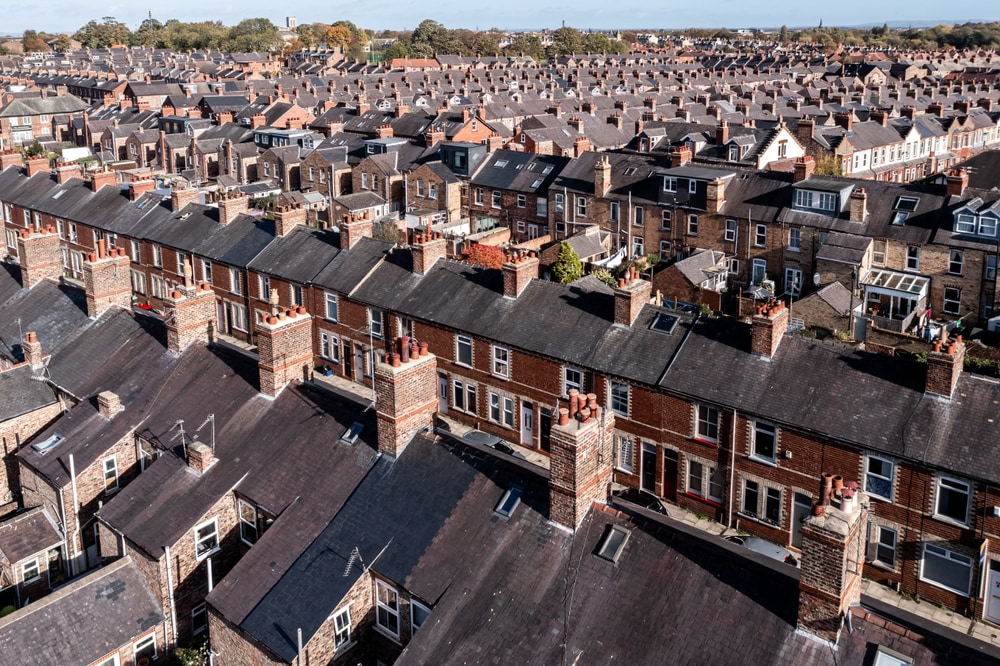Mould is an unfortunate problem that many landlords and tenants will find themselves dealing with over the years. Here are some methods you can use to both remove and prevent mould.
Who's responsible for mould during a tenancy?
Tenants have a duty of care to promptly alert landlords to any areas of concern that may need repairing or replacing, such as when mould starts to appear - but who is responsible for the mould during the tenancy?
The response we usually see is that landlords are responsible when there is a fault with the building that has caused the mould, for example a leaky pipe.
As a tenant, you'd have a responsibility for housekeeping and if the mould develops during your tenancy - i.e. was not present at the beginning of the tenancy and was not as the result of a fault with the property - it may be down to your lifestyle.
However, this is not always the case, and every case should be considered based on the evidence provided. This blog is a guide, not an absolute. You should seek legal advice if you wish to know the likelihood of result in your individual case.
What causes mould in a property?
Mould often occurs due to a lack of ventilation and/or circulation of air. The release of excess moisture, from drying clothes for example, and tightly sealed windows and doors can be an ideal environment for mould to develop.
It can also happen due to a building defect, and it can be challenging for an adjudicator to decide if there's enough evidence in support of either you or your landlord.
Can I withhold rent because of mould?
For tenants experiencing a problem with mould in their home, unilaterally withholding rent is not recommended. If you feel that the landlord has breached their obligations under the tenancy agreement, you should seek some independent legal advice to help.
In adjudication, TDS would not consider any "set-off" issues such as a deduction of legally due rent. The adjudicator will look to see if you have breached your obligations under the tenancy agreement, and if the landlord has suffered a loss due to that breach.
If you're still in the property, rather than withholding some or all the rent, you could liaise with the landlord to rectify any issue and failing that you could contact your local council and ask them to inspect the property.
To give some more detail here’s a link to Shelter’s helpful guide on how health and safety standards are classified for rented homes.
If mould appears during a tenancy, without expert evidence, it may prove difficult to show that it was caused by a building defect or a lack of ventilation.
Should the tenancy end while the mould remains, you may find that the landlord claims money from your deposit to rectify the damage. In cases where tenants have withheld rent, they should be aware that this leaves them open to rent arrears claims as well.
Originally published at tenancydepositscheme.com. For more helpful tips and guidance, visit the TDS FAQ page.



